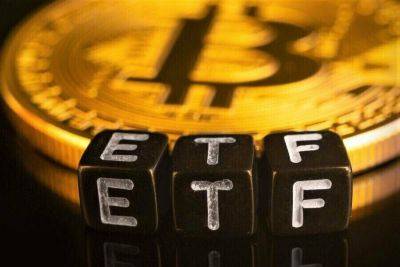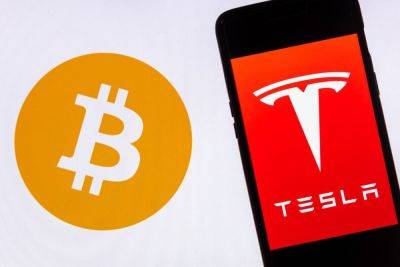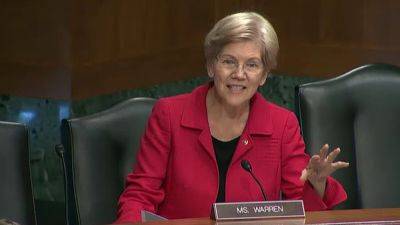What’s Changed for Crypto After FTX? Not Much.
The collapse of crypto exchange FTX wiped out millions of its customers’ crypto holdings and turned its billionaire founder into a pariah now facing criminal fraud charges in New York.
But the fall of Sam Bankman-Fried and his Bahamas-based exchange, which at its peak held more than $10 billion in customer deposits, hasn’t fundamentally changed how crypto works or is regulated. The sector is still the Wild West of finance.
Terrorists and money launderers use cryptocurrencies to cover their tracks. Hackers frequently find ways to steal digital coins. Worldwide trading is still concentrated in a huge offshore exchange, Binance, which has been accused of some of the same risky practices as FTX.
Although it roiled the crypto world, FTX’s collapse didn’t alter the legal and regulatory landscape. Unlike past crises that spurred U.S. lawmakers into action, this one has legislators divided over how, and even whether, to address crypto markets.
Instead, regulators have pursued a piecemeal enforcement campaign designed to impose Wall Street’s rules on crypto—a move the biggest crypto exchanges, such as Binance, are fighting in court.
The upshot is that another FTX could happen—and investors could be the losers again.
“Of course it could happen again, because there is nothing to stop it," said John Reed Stark, a former enforcement official at the Securities and Exchange Commission.
Granted, some of the challenge with regulating crypto stems from its global nature. The biggest exchanges are offshore, and Americans still find ways to trade on them. Almost 20% of Binance’s customers were in the U.S. in 2020, despite the exchange’s not being eligible to serve traders here, according to regulatory lawsuits.
FTX and Binance both started
Read more on livemint.com






















